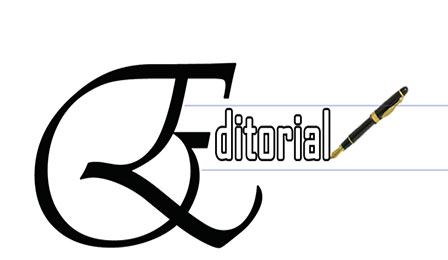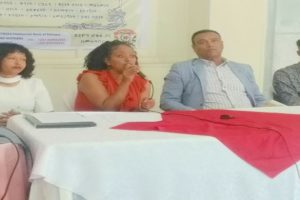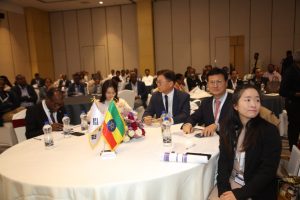
Poverty is Ethiopia’s formidable enemy .
Hence, development is the sole way out to extirpate this obstacle to the country’s all-rounded thrust forward. It has been years since the government and citizens, in concert, have embarked on the avenue of development at times backed by some countries and institutions.
Putting in place infrastructural facilities making use of the country’s natural resources is afoot. In line with this objective, hydropower dams that could help the country garner foreign exchange apart from catering to the country’s ever-growing power demand in consonance with population growth are birthed. Some are in the pipeline. Among these mega projects the GERD stands out.
The flagship project GERD is Ethiopia’s wealth. It is the apple of citizens’ eye. It is a gigantic project carried out by Ethiopians themselves on Ethiopia’s sovereign land. As per the principle of equitable utilization of power GERD is being built in a manner that does not result in a significant adverse impact on the lower riparian countries. Ethiopia is doing so as it has a full right to use its God-bestowed wealth to good ends.
GERD is a project that is not propelled by loan and donation from abroad. It is a project the country is carrying out by own bootstraps. The dam is a developmental feat Ethiopians showcase buying bonds. It entails an all-out move. Ethiopia and Ethiopians have the right for socio-economic deliverance. Tapping their resources cutting the apron string that fettered them to poverty is their right.
When the country strives to utilize its resource like the Blue Nile, starting from the design of the dam, it is mindful of the fact that the task does not inflict a significant impact on the lower riparian countries.
When it comes to how and when to fill the dam being built in the perimeter of the country- no one could dictate Ethiopia as the river belongs to Ethiopia. In light of this sentiment the American State Treasury made is unacceptable one and inane as Ethiopia is not a pushover.
As the lower countries seek assurance that the dam does not create a significant impact on them conciliation is called for. In the process arguing on a wide-range of issues Ethiopia, Sudan and Egypt have narrowed down their differences. The same is true in the conciliation work done in America.
There are still things that require further debate seen in light of technical issues and the framework of law. Ethiopia is of the belief that it is possible to strike a deal on issues that still wants further discussions. But it does not succumb to a foreign diktat. A diktat from a country trying to coerce Ethiopia camouflaging itself as an observer is unacceptable. Because the dam belongs to Ethiopia as Minister of Water, Irrigation and Energy put it “The dam is mine”. Besides, if the observer itself may not like to apply to a similar case related to it (the Hoover Dam) the idea it tries to sell to others is exercising a double standard.
Egypt too must be aware that conciliation and consensus are the sole ways out. Intimidation does not work as it serves no purpose than creating a friction. Observers’ duty is solely making the countries see to reason to reach on a win-win approach. Anything other than this is improper.
Currently, the construction of the GERD is 72 percent through. Few months are remaining before the dam begins to reserve water. It is expected to hold 4.9 billion cubic meter water. Next year, it is expected to kick start generating electricity. Owing to this fact, aborting this lofty task via pressurizing and intimidation is futile.
The construction is underway under Ethiopia’s sovereign sky in line with fair utilization of the country’s resource taking into consideration the lower riparian countries. All good-minded people must bless it off.
As killing two birds with a stone, catalyzing the actualization of the dam apart from catering to the country’s electricity demand it will discourage historic enemies that want to see the dam screech to a halt via driving divisive wedges along religious and ethnic lines.
Ethiopians that further close ranks during trying times are now showing interest to back up the dam that faced a setback due to corruption-related challenges. They have put aside political and other differences to materialize the dam.
The Ethiopian Herald Sunday Edition, March 8/2020





